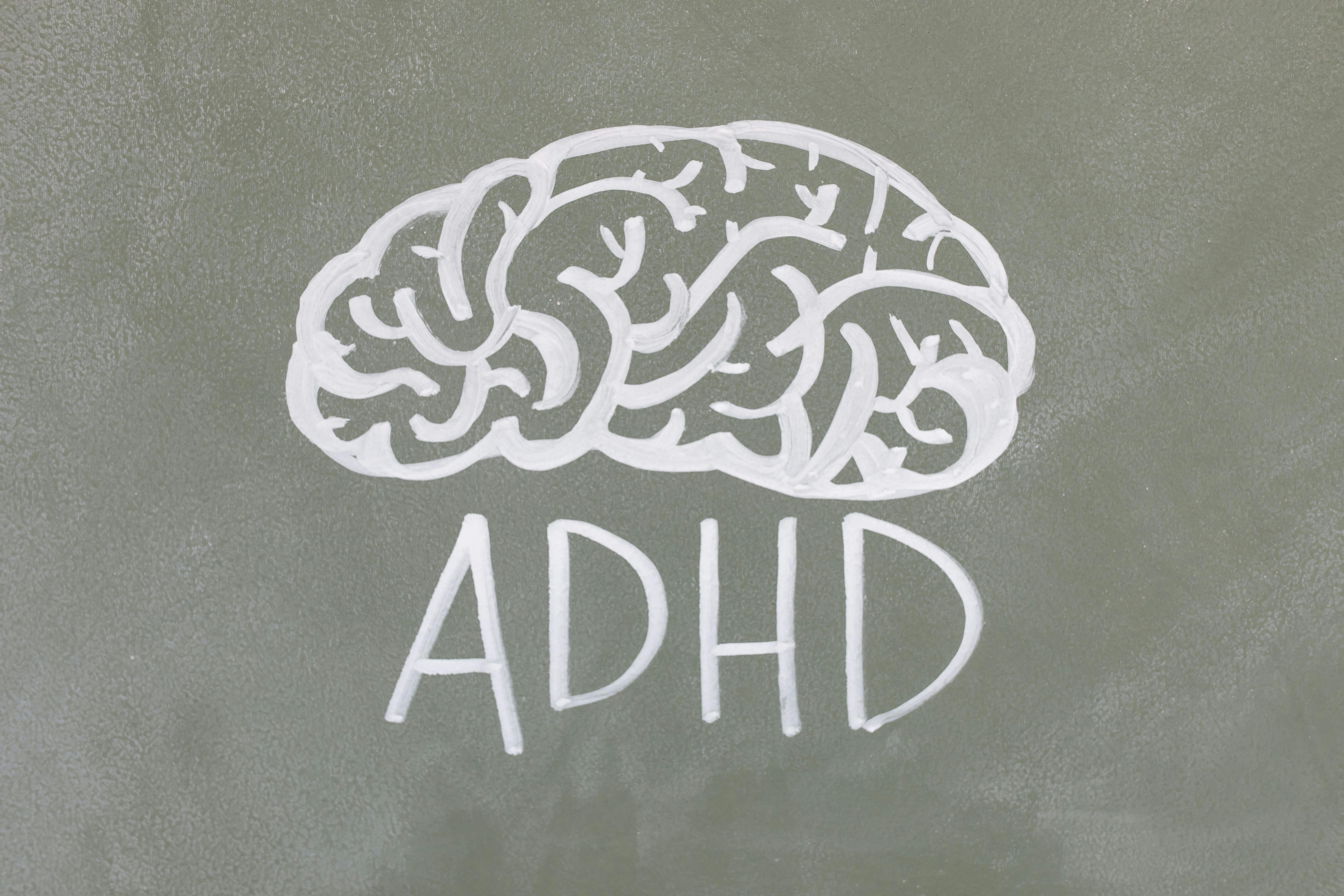Some people believe that having ADHD means being smarter than others. Others think ADHD means a person is not smart at all. Both ideas are wrong. ADHD and intelligence are not the same thing. A person can have ADHD and be very smart, average, or have a lower IQ.
In this article, we will explain the truth about ADHD and intelligence using simple facts. We will also explore some unique strengths that many people with ADHD have.
Is ADHD Related to Intelligence?
The short answer is no. ADHD does not increase or lower a person's IQ. IQ, or intelligence quotient, is a number that measures certain thinking skills.
Some people with ADHD have high IQ scores. Others have low or average scores. ADHD happens to people at all IQ levels.
Some adults with ADHD have strong thinking skills, but still struggle in school or at work. This can confuse teachers or parents. A child might do very well in one subject, like science or art, but struggle to follow directions or turn in homework. This does not mean the child is lazy or not smart. It just means their brain works differently.
Why Do People Think ADHD Means High IQ?
There are a few reasons why some people believe ADHD and high intelligence are connected:
- Some people with ADHD can focus deeply on things they love. This is called "hyperfocus." They may do very well in these areas, like art, video games, or music.
- People with ADHD often have creative ideas and quick thinking. This looks like high intelligence to others.
- Some children with ADHD talk early, ask deep questions, or show special talents. People around them may think they are gifted.
While these traits can be signs of intelligence, they do not mean every person with ADHD is a genius. In fact, many people with ADHD have uneven skills.
They may do very well in some areas but struggle a lot in others.
Why Do Some People Think ADHD Means Low IQ?
This belief also comes from misunderstanding. People with ADHD often have trouble following instructions, staying on task, or finishing tests on time. In school or at work, this can lead to low grades or poor performance. Others may see this and think the person is not smart.
In truth, the person may understand the subject very well, but their brain struggles with planning, organizing, or staying calm. These brain skills are called executive functions. ADHD affects executive functions, not how smart someone is.
What Do Studies Say?
A focused study of adults with ADHD who scored in the top intellectual range (IQ ≥ 120) showed that 73% had significant difficulties in at least five executive function tests, including working memory, processing speed, and daily planning. These impairments were far above what is seen in the general population, even among people with high IQs. A person with ADHD can have a high IQ, but still experience real challenges in memory, speed, and planning, especially when tests or daily tasks demand executive control.
And a research project with 5‑year‑old twins found that children diagnosed with ADHD had average IQ scores that were nine points below their unaffected peers. This gap appeared to stem largely from shared genetic factors between ADHD symptoms and lower IQ. ADHD does not cause low intelligence, yet its effects on focus and cognitive tasks may result in lower IQ test scores, particularly in children whose symptoms prevent them from fully showing their abilities on timed tests.
What Challenges Do Smart People with ADHD Face?
People with high IQ and ADHD often feel stuck. On the outside, they may look like they are doing fine. But inside, they are often confused and tired.
From a young age, others may tell them they are "gifted" or "special." They learn things fast, so teachers and parents expect them to always do well. In the early grades, school may feel easy. But later, as school gets harder and more organized, they begin to struggle.
They might forget homework, lose focus during tests, or freeze when speaking in front of others. They start asking themselves, "Why am I like this? I thought I was smart." This creates doubt and guilt.
Many try to hide their struggles. They work twice as hard just to keep up. They stay up late finishing projects they put off. They try to look calm and in control, even when they feel overwhelmed. This leads to stress, burnout, and sometimes sadness or shame.
They also avoid asking for help. They worry others will think they are lazy or careless. So, they keep their problems private. Over time, this silent struggle can lead to anxiety, low self-confidence, or even depression.
How Can ADHD Hide Behind High IQ?
Some people are not diagnosed with ADHD until they are adults. This is more common in people with high intelligence. Their smart thinking helps them find ways to "work around" their problems.
For example, they might:
- Memorize lessons instead of following steps
- Write papers the night before they are due
- Joke around or change the topic to avoid being corrected
- Create strict habits to stay on track, but feel stressed every day
They look successful to others. They may even have good jobs or win awards. But under the surface, they feel lost and unsure of themselves. Their brain is working overtime just to keep up. They wonder, "Why is this so hard for me?"
These people often hear, "You can't have ADHD—you're doing great." But what others see does not show the full story.
What Are the Strengths of People with ADHD?
Even though ADHD can bring problems, it can also come with special strengths. Many people with ADHD:
- Think in creative ways – They find new ideas that others don't see.
- React quickly – They can think on their feet and solve problems fast.
- Have strong passion – They throw themselves into things they enjoy.
- Ask questions – They are curious and eager to learn.
- Take bold steps – They are not afraid to try something new.
- Focus deeply – When they love a task, they can tune out everything else.
These skills can shine in jobs that need fresh ideas, fast thinking, or bold action. For example, people with ADHD often do well in design, sales, emergency work, startups, tech, and the arts.
How Can People with ADHD Feel Better?
Living with ADHD can feel hard. But there are ways to feel stronger and more at peace.
- Learn About ADHD. Understanding how ADHD works helps people feel less ashamed. They see that their brain is just wired differently, not broken.
- Talk to Someone. Telling your story to a therapist, doctor, friend, or support group can help. It feels good to know you are not alone.
- Use Helpful Tools. Simple things like to-do lists, reminders, or alarms can make daily life easier. Breaking tasks into small steps can help you finish more.
- Sleep, Eat, Move. A tired or hungry brain works worse. Regular sleep, good food, and exercise help the brain stay steady.
- Try Medicine if Needed. Some doctors may suggest medicine. This can help with focus, calmness, and better control. Not everyone needs it, but it helps many people.
- Be Kind to Yourself. You do not need to be perfect. Everyone has tough days. Your best is enough. You are not weak—you are learning to grow in your own way.
Final Thoughts
ADHD and intelligence are not the same thing. A person with ADHD can be smart, average, or have learning difficulties. What matters most is not how high someone's IQ is, but how well they understand and support their own brain.
Some people with ADHD shine in music, art, or technology. Others are kind, funny, or full of ideas. Intelligence comes in many forms, and every brain has something valuable to offer.
Understanding ADHD helps remove false labels. People with ADHD are not lazy, broken, or less smart. They just think and feel in a different way. When they get support and feel safe being themselves, their true strengths can shine.


